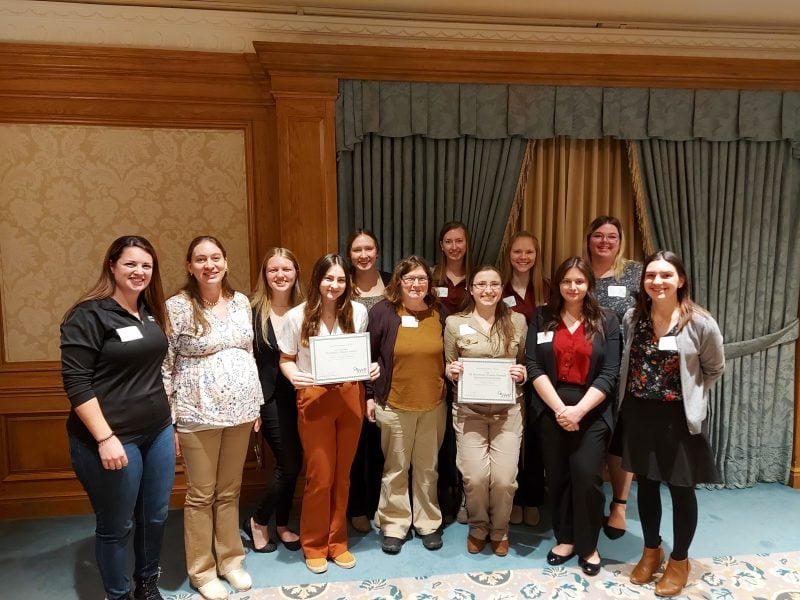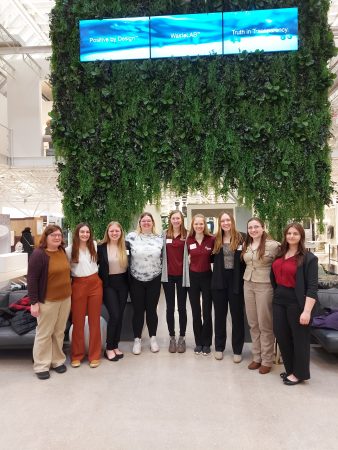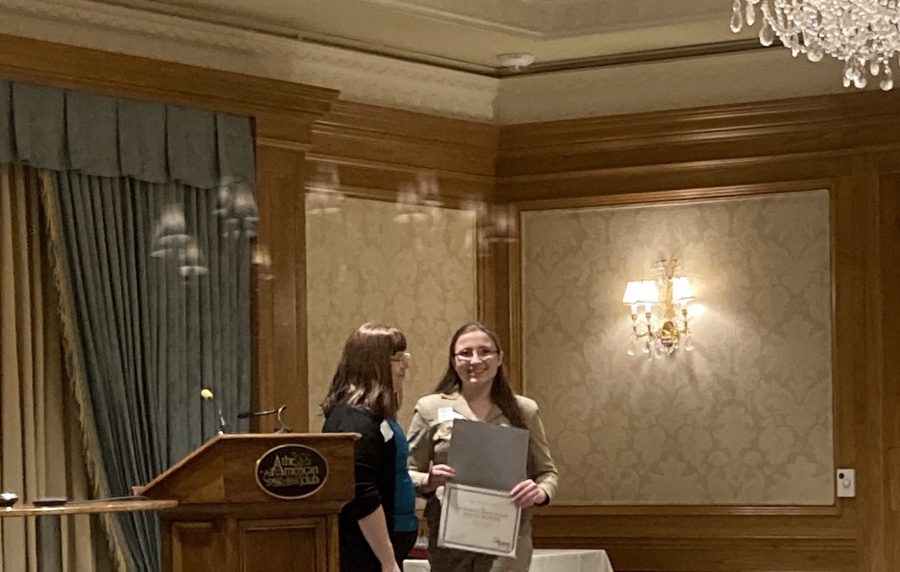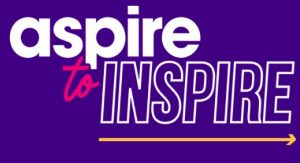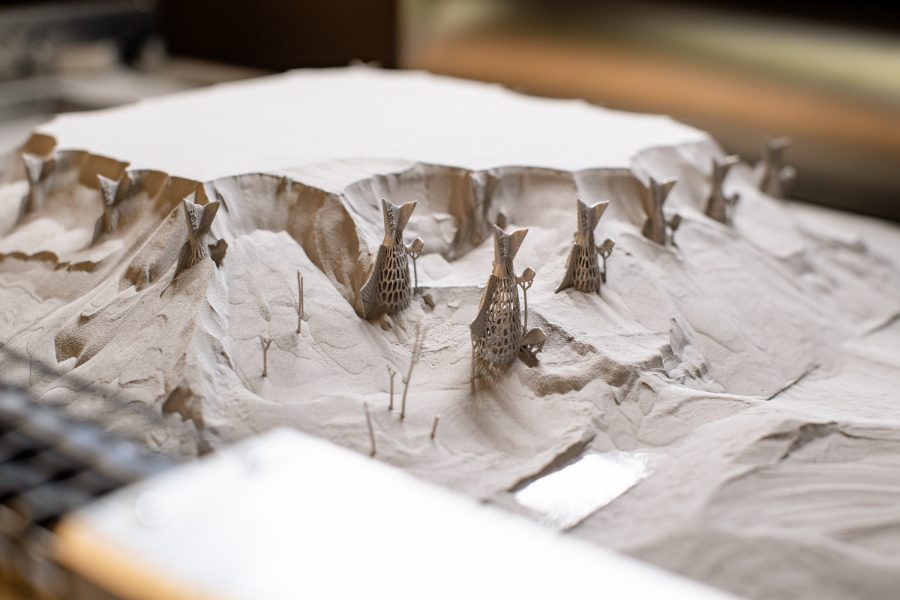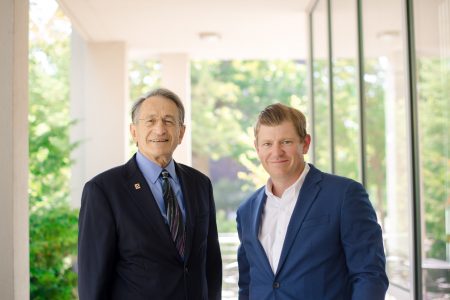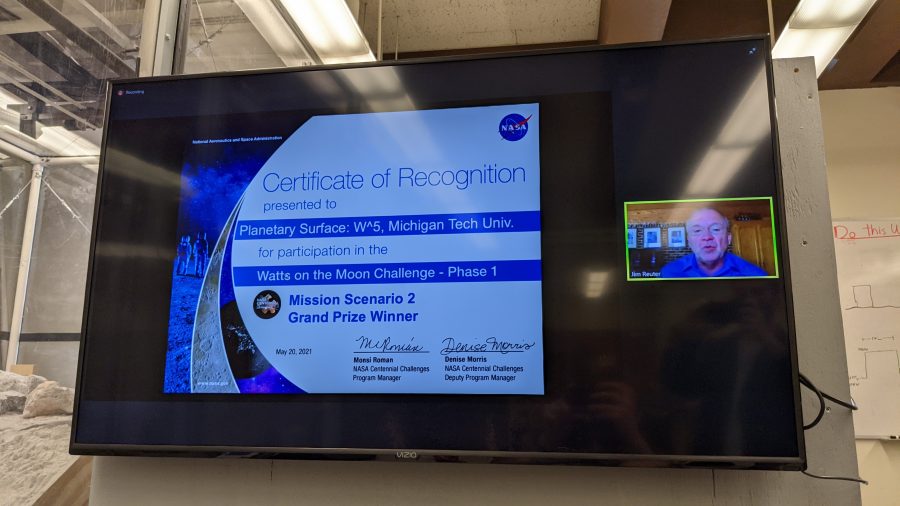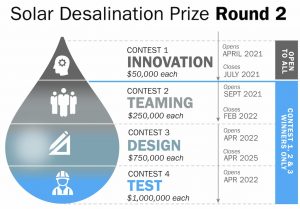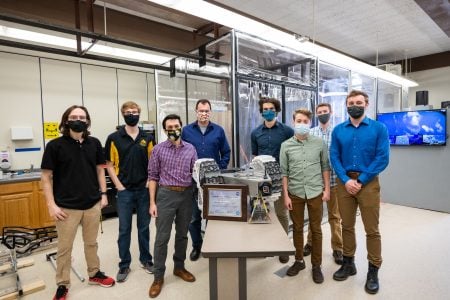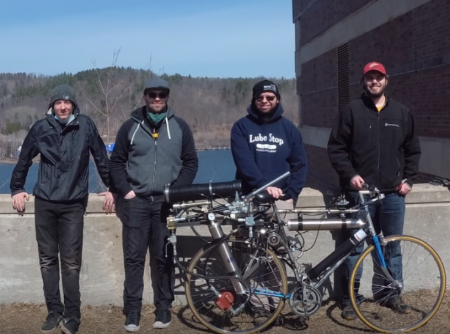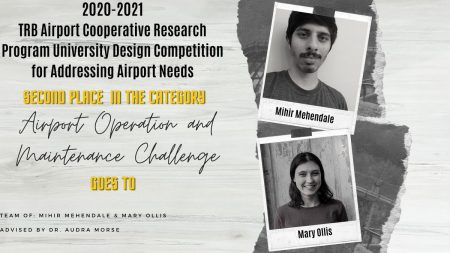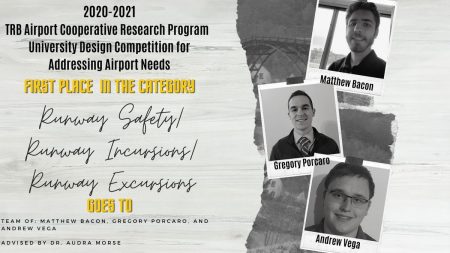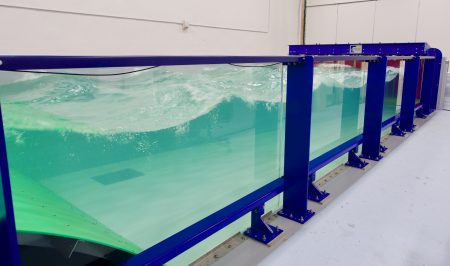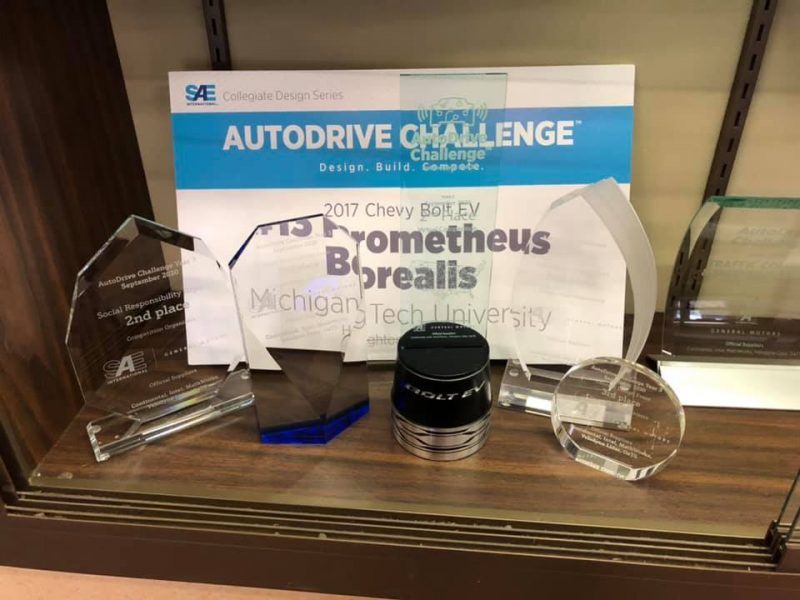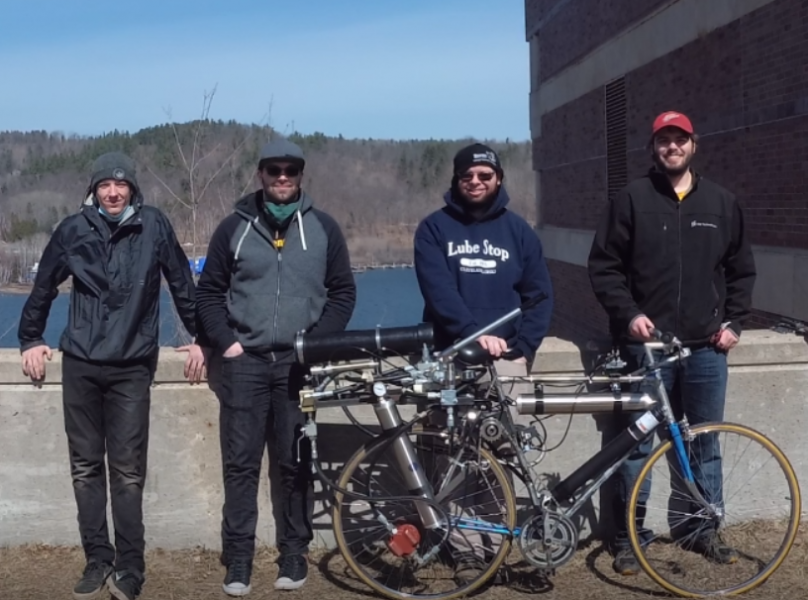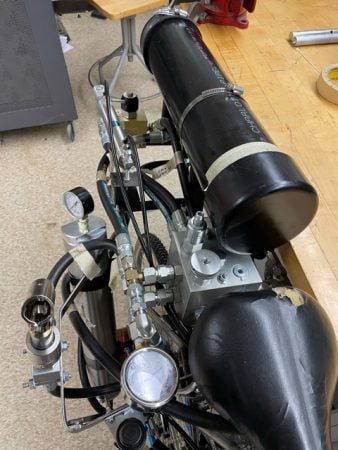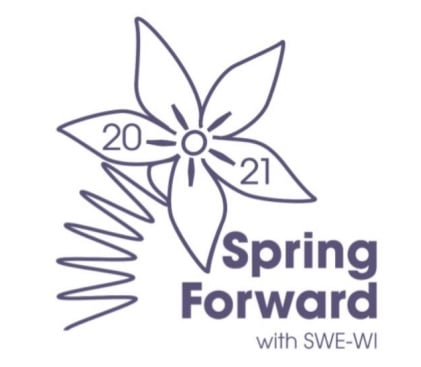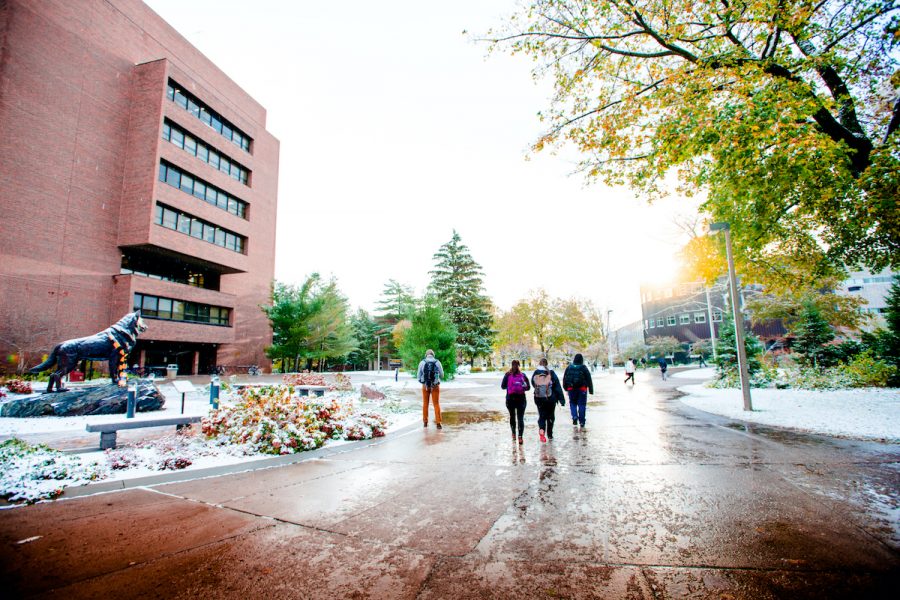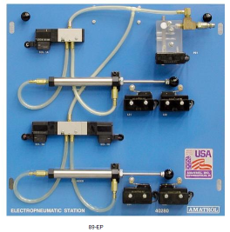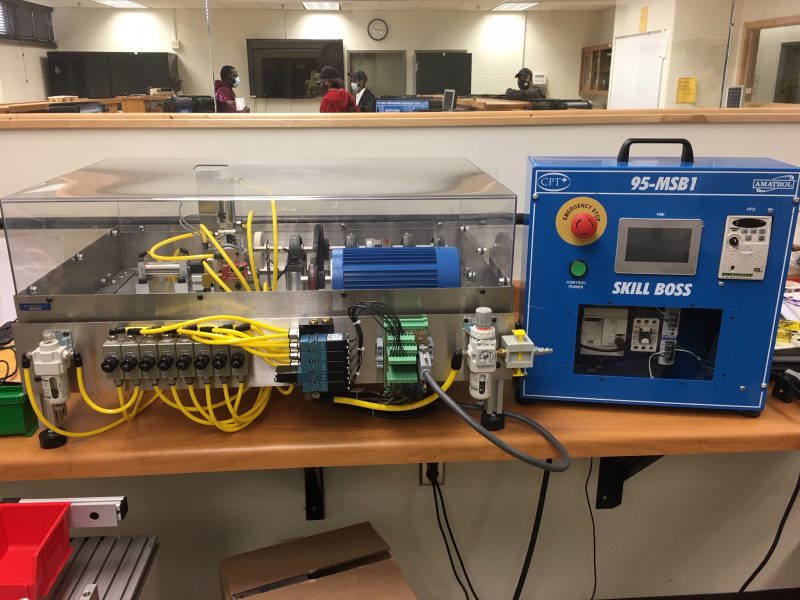
More than 1,000 students in Enterprise and Senior Design showcased their hard work last Thursday at Michigan Tech’s 22nd Annual Design Expo event. As we’ve come to expect, the judging for Design Expo is often VERY CLOSE. This year we had several ties.
Teams competed for cash awards totaling nearly $4,000. Judges for the event included corporate representatives, community members and Michigan Tech staff and faculty.
The Enterprise Program and College of Engineering are proud to announce the award winners. Check them out here, or visit the Design Expo website, at mtu.edu/expo, where you can view videos and project info submitted by all the teams who took part. Congratulations and a huge thanks to everyone for a very successful Design Expo!
ENTERPRISE AWARDS (Based on video submissions)
First Place (2-way tie)
CinOptic Communication/Media
Team Leaders: Matthew Brisson, Communication, Culture, and Media; Julianna Humecke, Scientific and Technical Communication
Advisor Erin Smith, Humanities
Sponsors: Isle Royale National Park, NSF CAREER Grant
Video
Velovations
Team Leaders: Jorge Povich and Eamon McClintock, Mechanical Engineering
Advisor Steve Lehmann, Biomedical Engineering
Sponsors: Cleveland Cliffs, Senger Innovations, Enterprise Program
Video
Second Place (2-way tie)
Aerospace Enterprise
Team Leaders: Nolan Pickett and Kyle Bruursema, Mechanical Engineering
Advisor: L. Brad King, Mechanical Engineering-Engineering Mechanics
Sponsors: Auris: Air Force Research Laboratory, Stratus: NASA
Video
Supermileage Systems Enterprise
Team Leaders: Luis Hernandez, Mechanical Engineering and Olivia Zinser, Electrical Engineering
Advisor: Rick Berkey, Manufacturing and Mechanical Engineering Technology
Sponsors: General Motors, Aramco Americas, A&D Technology, Dana Inc., SAE International, Halla Mechatronics, Meritor, Oshkosh Corporation, Ford Motor Company, John Deere, Caterpillar, Henkel, BRP Inc., RapidHarness, Wetherington Law Firm, Danaher, Watermark, Top Flight Automotive, Shipley Energy, TEAMTECH, Gamma Technologies, Velocity USA, Enterprise Manufacturing Initiative funded by General Motors
Video
Third Place:
Clean Snowmobile Challenge
Team Leaders: Katy Pioch and Daniel Prada, Mechanical Engineering
Advisor: Jason Blough and Scott Miers, Mechanical Engineering-Engineering Mechanics
Sponsors: GM (General Motors), Aramco, A&D, Dana, Milwaukee Tool, Caterpillar, Meritor, Oshkosh, Ford, John Deere, BRP (Ski-Doo), Kohler, Mahle, Yamaha, Castle, Gamma Technologies, Quincy Compressor, Shipley Energy, Top Flight Automotive, Superior Graphics
Video
Honorable Mention:
Formula SAE
Team Leaders: John Herr and Luke Quilliams, Mechanical Engineering
Advisor: James DeClerck, Mechanical Engineering-Engineering Mechanics
Sponsors: General Motors, Aramco Americas, A&D Technology, Dana Inc., SAE International, Yamaha, Halla Mechatronics, Meritor, Oshkosh Corporation, Ford Motor Company, John Deere, Caterpillar, Henkel, BRP Inc., RapidHarness, Wetherington Law Firm, Danaher, Watermark, Top Flight Automotive, Shipley Energy, Superior Graphics, TEAMTECH, Gamma Technologies, Enterprise Manufacturing Initiative funded by General Motors
Video
SENIOR DESIGN AWARDS (Based on video submissions)
First Place
IoMT Device Security
Team Members: Jacson Ott, Stu Kernstock, Trevor Hornsby, and Matthew Chau, Cybersecurity
Advisor:Guy Hembroff, Applied Computing
Sponsor: Dept. of Applied Computing
Video
Second Place
MR Compatible Transseptal Needle with Integrated System for Confirming Left Atrial Access
Team Members: Lydia Ragel Wilson, Natalie Reid, Jared Martini, Braxton Blackwell, and Aydin Frost, Biomedical Engineering
Advisor: Hoda Hatoum and Jeremy Goldman, Biomedical Engineering
Sponsor: Imricor
Video
Third Place
Britten Water Filtration System
Team Members: Nika Orman and Nick Hoffebeck, Electrical Engineering, Matt Zambon, Kyle Clow, Luke Schloemp, and Gabby Sgambati, Mechanical Engineering, and Evan McKenzie, Computer Engineering
Advisor: Tony Pinar, Electrical and Computer Engineering
Sponsor: BoxPop powered by Britten, Inc.
Video
Honorable Mention 1
Locomotive Pinion Cutter Feed System
Team Members: Seth Jensen-Younk, Sam Barwick, Matt Krause, Nick Sand, and Stephen Mleko, Mechanical Engineering
Advisor: Cameron Hadden, Mechanical Engineering-Engineering Mechanics
Sponsor: Dr. Pasi Lautala, Civil, Environmental, and Geospatial Engineering
Video
Honorable Mention 2
Rapid Corrosion Screening of Engineered Structural Fastener Coating Systems for Treated Lumber
Team Members: Sophie Mehl, Isabelle Hemmila, and Kendal Kroes, Materials Science and Engineering and Luke Owens, Mechanical Engineering
Advisor: Paul Sanders, Materials Science and Engineering
Sponsor: Altenloh, Brinck & Company US, Inc
Video
Honorable Mention 3
Cycle Time Improvements in Medical Device Manufacturing – Laser Welding
Team Members: Abigail Martin, Hannah Loughlin, Zachary Alesch, and Megan Cotter, Biomedical Engineering
Advisors: Jeremy Goldman and Chunxiu (Traci) Yu, Biomedical Engineering
Sponsor: Boston Scientific (BSC)
Video
Honorable Mention 4
Stromberg Carlson Electric Tongue Jack Redesign Phase 2 Application Development
Team Members: Dustin Duclos, Sean Parker, and Shane O’Brien, Computer Engineering
Advisors: Trever Hassell and Mark Sloat, Electrical and Computer Engineering
Sponsor: Stromberg Carlson
Video
DESIGN EXPO IMAGE CONTEST (Based on image submitted by the team)
First Place:
Aerospace Enterprise — “Physical Model of Auris Spacecraft.”
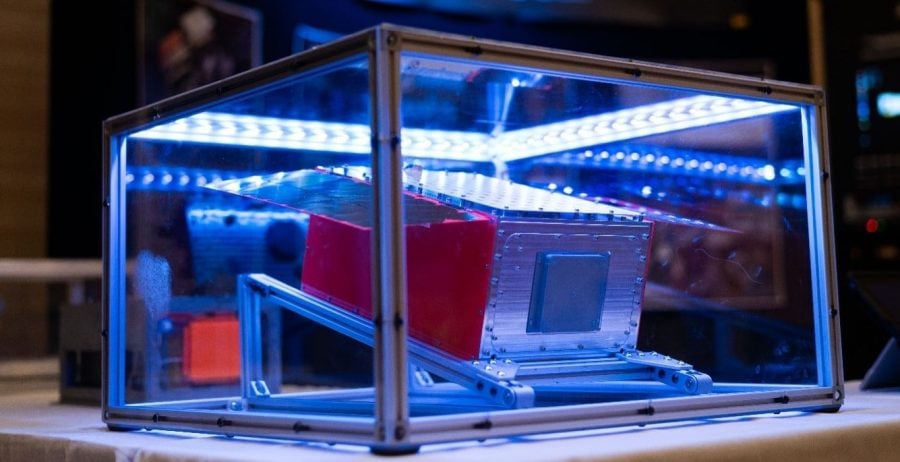
Second Place:
Blizzard Baja Enterprise — “Blizzard Baja Competition Vehicle.” Photo credit: Andrew Erickson
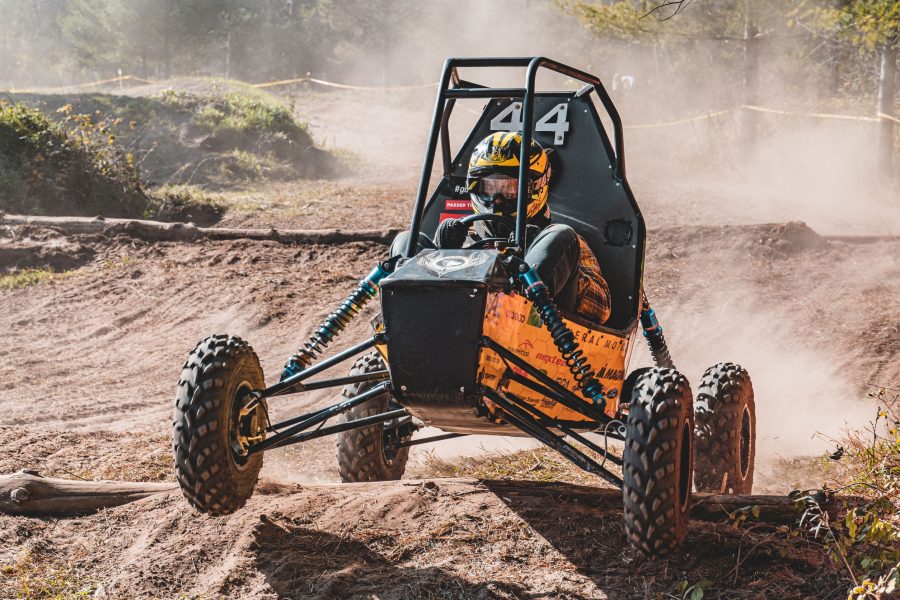
Third Place
Dollar Bay School SOAR — “A member of the SOAR team troubleshoots one of the service grade ROVs.”
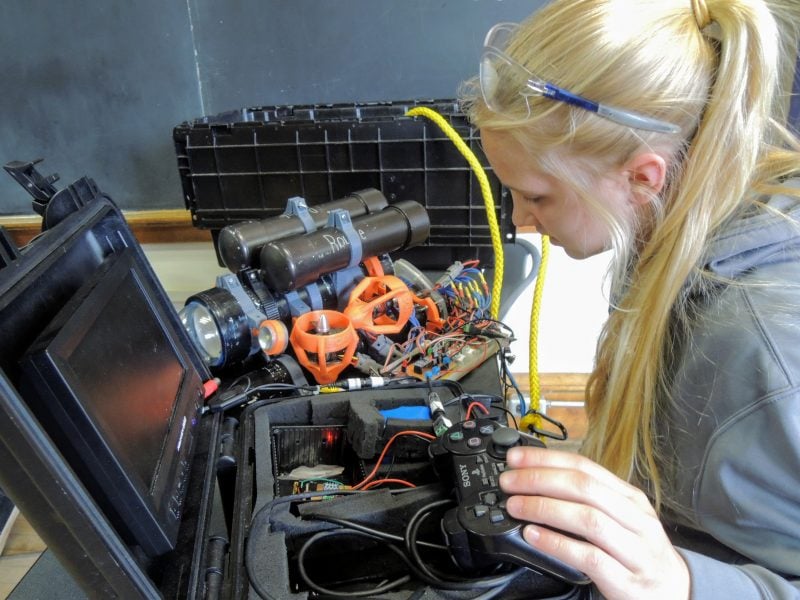
DESIGN EXPO INNOVATION AWARDS (Based on application)
First Place
Lydia Ragel Wilson, MR Compatible Transseptal Needle with Integrated System for Confirming Left Atrial Access, Department of Biomedical Engineering
Sponsor: Imricor
Second Place
Veronika Orman, Britten Water Filtration System, Department of Electrical and Computer Engineering
Sponsor: Britten, Inc.
Third Place
Jerod Warren, HACK Cybersecurity Kit, Department of Applied Computing
DESIGN EXPO AUDIENCE CHOICE AWARD (Based on receiving most text-in voting during Design Expo)
Enterprise
Consumer Product Manufacturing
Video
Senior Design
Britten Water Filtration System
Video
ENTERPRISE STUDENT AWARDS
Rookie Award: Brian Geiger, CFO, Multiplanetary Innovation Enterprise (MINE)
Innovative Solutions: Pete LaMantia, ITOxygen
Outstanding Enterprise Leadership: Brooke Bates, Consumer Product Manufacturing
ENTERPRISE FACULTY/STAFF AWARDS
Behind the Scenes Award: Tania Demonte Gonzalez, PhD Student Researcher, Department of Mechanical Engineering-Engineering Mechanics.
Outstanding Enterprise Advisor: Tony Rogers, Associate Professor and Faculty Advisor, Consumer Product Manufacturing, Department of Chemical Engineering

